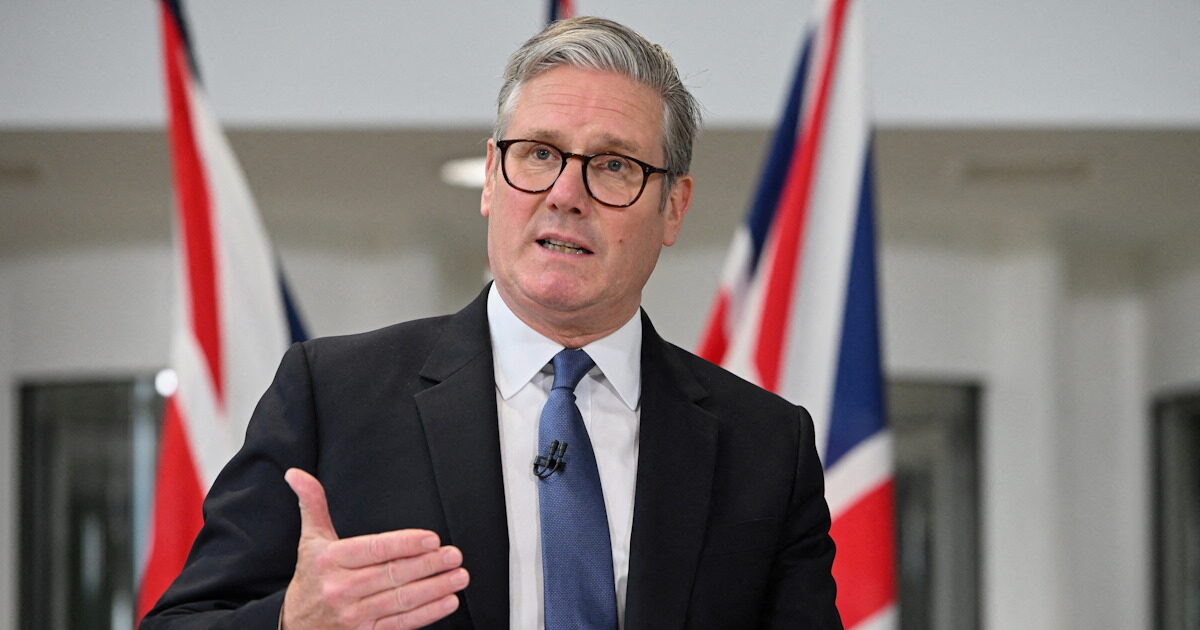Ready to support the new target of NATO for the disposal of 3.5% of members’ GDP for basic defensive costs It is the United Kingdom, according to Prime Minister Kir Starmer, although he stressed that key elements, such as the timetable, are still under negotiation.
Starmer’s statements were the most positive he has made so far as to NATO’s latest attempt to meet the demands of US President Donald Trump for defense spending by European allies.
The 3.5% target that NATO is expected to adopt later this month is much more ambitious, both in size and speed, than the 3% target set by the British prime minister for himself earlier this year.
“Obviously, the exact wording that will be agreed in NATO is still negotiating,” Starmer said in an interview with Bloomberg News on Friday in Downing Street. “I am completely determined that the summit in just over a week will be a huge success and an opportunity to show the power we have as NATO allies, but also to send a very clear message to our opponents.” Pressing to commit to a deadline, he said: “There are still discussions about the exact text and the commitment.” Starmer added that he accepted “the proposal, I have promoted the proposal for the importance of NATO”.
Starmer’s statements were the last sign that NATO will adopt during the annual Hague summit on June 24-25 a new goal of spending a total of 5% of the gross domestic product for defense. NATO Secretary -General Mark Rutte suggested that the members could be achieved with the commitment to spend 3.5% on basic defense activities and an additional 1.5% on defense -related projects, such as cyber security. In Friday’s interview, Starmer argued that the United Kingdom is already contributing “huge” to NATO, pointing out how the country binds its nuclear deterrent power to the alliance’s defense. This observation suggests that the United Kingdom may request the recognition of its unique potential in the context of any cost calculation.
